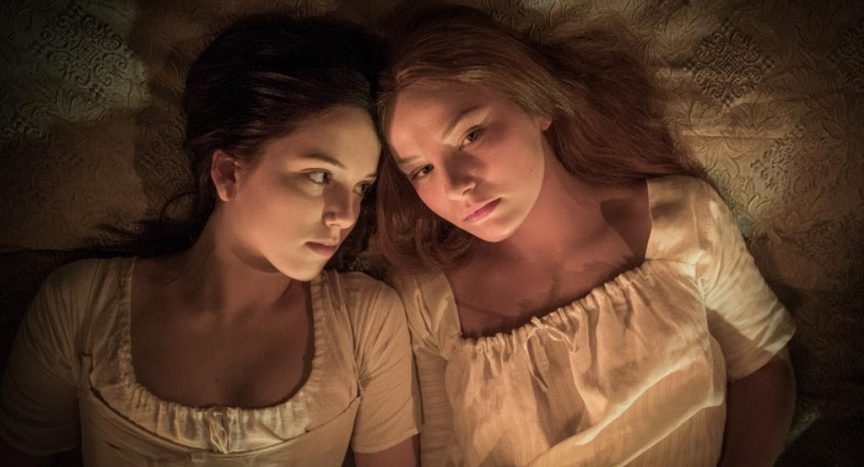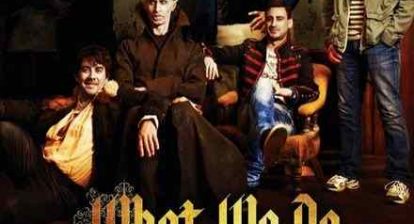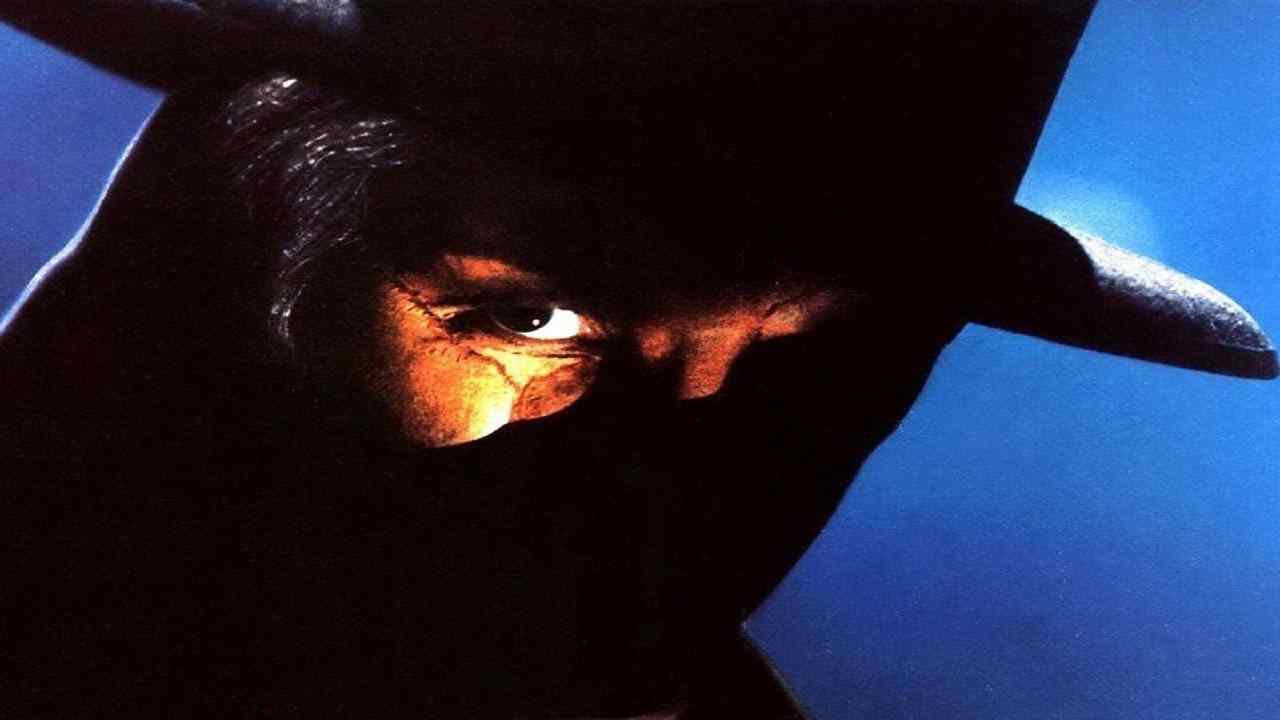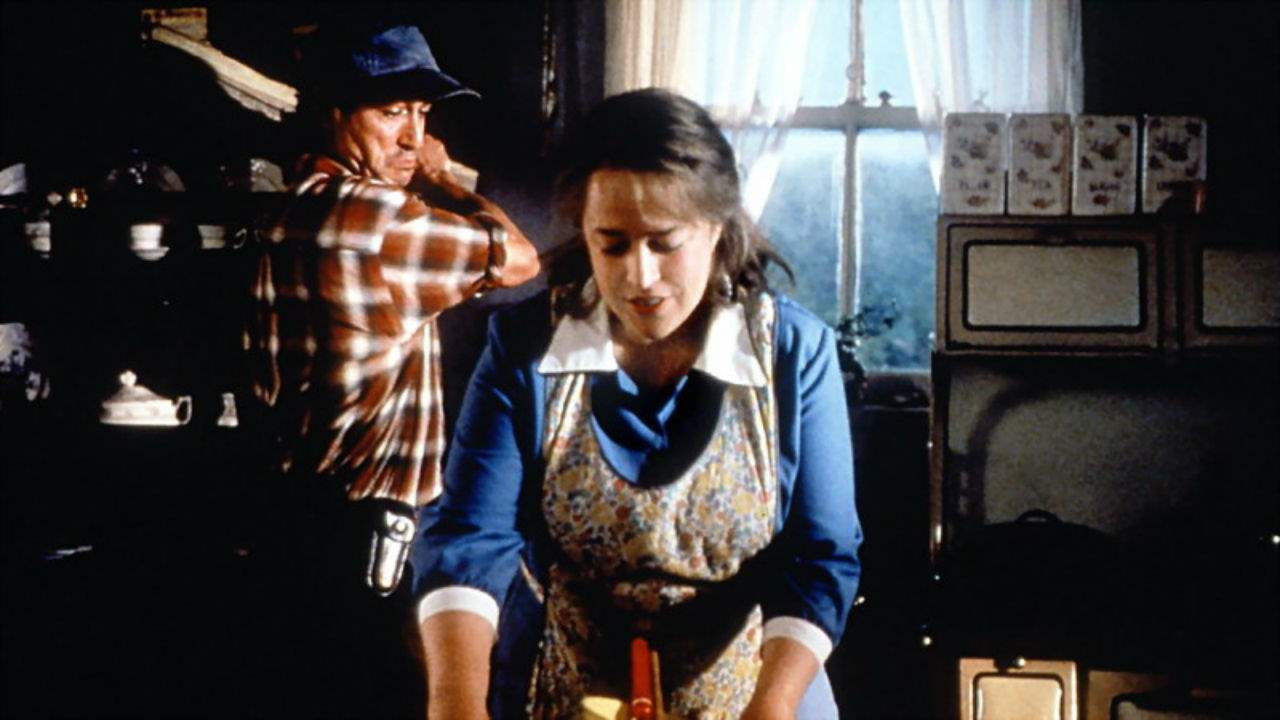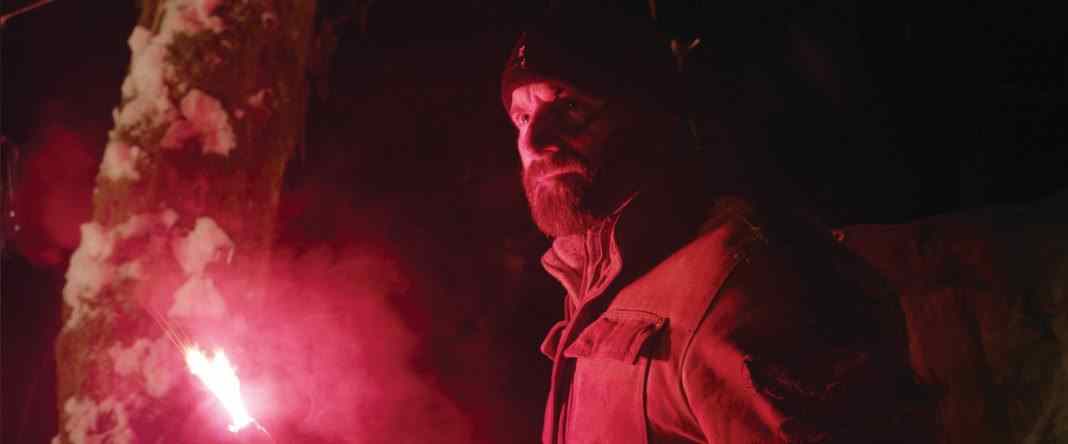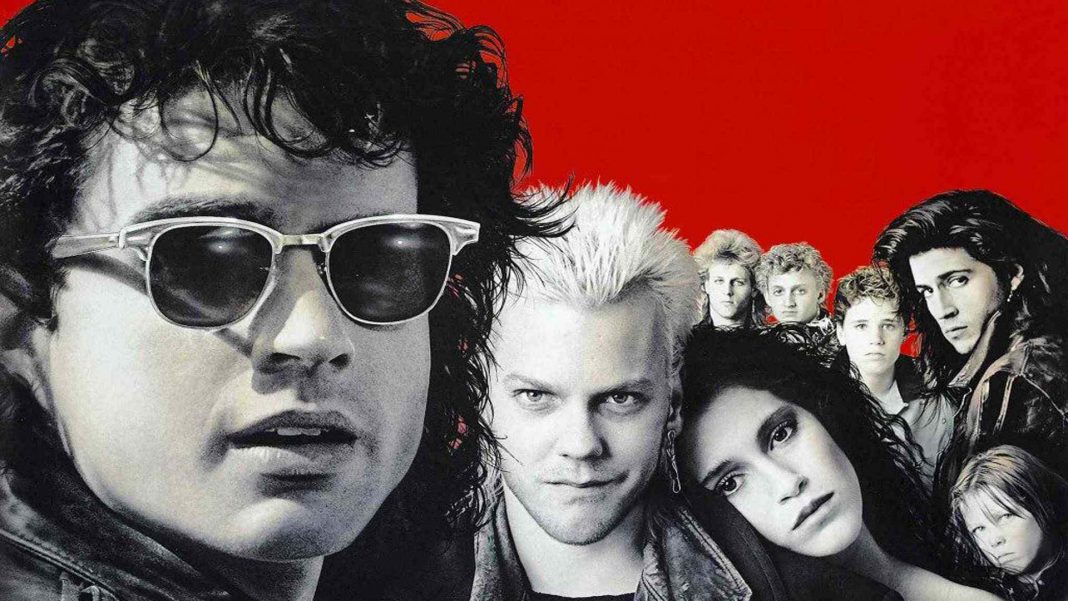I’ll admit that my subjective opinion is immediately colored by my love of the source material. J. Sheridan Le Fanu’s Carmilla is one of my favorite vampire stories if not simply one of my favorite stories of all time, as I have written about before. Most cinematic adaptations take a kernel of the idea, usually not much more than lesbian relationship at its core, and discard almost everything else. Fan as I am, I’ve been trained not to expect too much out the infrequent adaptations over the years and to just be grateful for what I’m given. With that in mind, that almost makes Emily Harris’ Carmilla unthinkable. I’m not sure that I ever really believed we’d get a version of the story on film that so closely captures what makes the haunting story so great. It is by far the most faithful cinematic telling of the tale that there has ever been. But at the same time, it is the best kind of faithful. This is not a beat-for-beat retelling of the story, in fact, not a single line of dialogue carries over from the source material. Many of the basic events are intact, but the story certainly doesn’t play out exactly the same way, by any stretch.
It’s the way that Harris tells the familiar tale, though, that makes all the difference. Carmilla is, at its core, about a lonely girl named Lara (renamed from the original text’s Laura) who lives in an isolated estate with no one but her father and the house staff. She has no friends until a nearby carriage crash causes them to take in a girl who calls herself Carmilla. In the story, the name is certainly made up, it’s not her actual name, and I like how the film addresses that head on by simply making it a name that Lara gives to her. The two of them grow very close and very obviously begin to fall in love before others around the house, discovering Carmilla is a vampire, destroy her and leave Lara lonely and heartbroken once more. By and large, those are all the same beats of the original story, and even though everything plays out so differently in this version, these are all of the important things that needed to be carried over. These are the elements that ultimately make the story so endearing over a century later.
It’s in style and tone that Carmilla succeeds most, not only as an adaptation, but as a film in its own right. This is slow burn folk horror that immediately brings to mind filmmakers like Ari Aster and especially Oz Perkins, Gretel and Hansel in particular. But it also recaptures all of the slow, lingering dread and the gothic atmosphere of the original story. To compare it to other classic vampire adaptations, Emily Harris’ Carmilla reminds me a great deal of Werner Herzog’s Nosferatu. It’s an adaptation in which mood and atmosphere are very much at the forefront, definitely taking its own approach toward how it tells a familiar tale, but still completely nailing the tone, evoking the feeling of the story above all else.

Hannah Rae and Devrim Lingnau are both exceptional in their respective roles as Lara and Carmilla. Rae’s Lara is almost jarring at first. She’s spoken to as if she is much younger than she actually is, and there is something childlike about her demeanor. All of this is incredibly faithful to the original story, though, in which she is almost emotionally stunted in her loneliness and deep hunger for companionship. It works for the story as a whole, because Carmilla is very much about standing on that precipice between childhood and adulthood and exploring one’s self and one’s sexuality for the first time.
Lignau is perfectly enigmatic as Carmilla. She plays a perfect friend and first lover, attentive, sweet and mysterious, with something justly slightly different, just slightly off about her at the same time. One of the best things about this adaptation is the ambiguity of it. Other than the way the atmosphere shifts, the general dread of Carmilla’s presence and the fact that Lara falls ill after Carmilla first tastes of her blood, we have nothing to actually tell us that Carmilla is a vampire. It’s possible that she isn’t. And that’s a perfect approach, because then when Carmilla has—spoiler alert for anyone unfamiliar with the story—a stake driven through her heart, the motivations are muddy. Are they killing her because she’s a vampire or because she’s a lesbian and has seduced their pure, innocent Lara? And even if she is a vampire, the homophobia may still be the driving motivation, and the vampirism a perfect scapegoat. Either way, the end of the film is portrayed exactly as it should be to suit the story: as a heartbreak, as a tragic loss of one’s first love.

Much of these motivations and these themes of repression and homophobia are most explicitly clear in Jessica Raine’s Miss Fontaine. Primary caretaker of Lara while her father is mostly a background figure, Miss Fontaine not only tutors Lara but makes sure to give her a moral education as well. She frequently ties Lara’s left hand behind her back, to keep her touch free of sin—if not an overt masturbation reference, it certainly reads as one—and warns against the ways of the devil at every turn. Still, she’s not a one-dimensional character, there’s a sense of vulnerability to her and a reserve that keeps cracking little by little, and it’s these things, thankfully, that keep her from feeling like a gothic horror version of Kathy Bates in The Waterboy. There is a moment when Miss Fontaine almost gets the benefit of the doubt, as she tells Lara that she too had strong and confusing feelings for someone when she was Lara’s age. It reads in the moment like a coming out, and would paint her actions as something based in a projection of her own repression and her own inward disgust. As the film goes on, it becomes clearer that that’s probably not the case, and so Miss Fontaine’s actions against Carmilla seem much more clearly founded in homophobia. But who knows, maybe her repression simply runs that deep.
Even if the film is supernatural, it very bluntly portrays vampirism as the historical scapegoat that it often was. And in its frank portrayal of such an archaic practice, there is ironically something incredibly modern about it, because Harris is showing the story through a modern lens. Even in 1872, the romance between Laura and Carmilla was plain as day, but in 2020 it can be explored a little more explicitly and directly. In 2020, the staking of the vampire doesn’t have to—and ultimately shouldn’t—feel like a victory. For all the smart differences between versions, the basic story is still the same: it is portrayal of first young love gone terribly wrong. While it does slow to snail’s pace a few times, even for a slow burn, Harris’ film is gorgeous and makes me wish that lesbian folk horror was a genre we had much more of. The film takes as many liberties as it should, justifying them at every turn, and nonetheless, just like the original text itself, the film ends with Lara in the same place she was in at the beginning, heartbroken, isolated, and alone.
WICKED RATING: 8/10
Director: Emily Harris
Writer: Emily Harris
Stars: Hannah Rae, Devrim Lignau, Jessica Raine
Runtime: 93 minutes
Studio/Production Company: Film Movement, Fred Films
